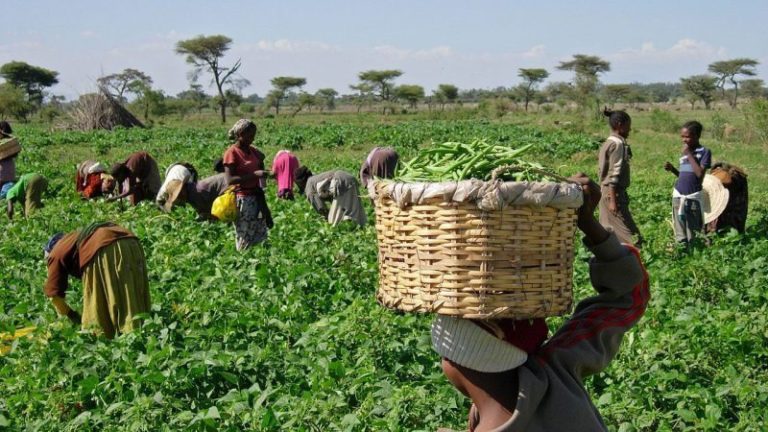Agricultural sector recorded 34 per cent drop this year due to the effects of climate change.
The shock is also expected to worsen the poverty situation in Nigeria.
Speaking at a workshop on Climate Adaptation Support Programme, at the weekend, in Abuja, Director of Resource and Environmental Policy Research Centre, University of Nigeria, Nsukka (REPRC-EfD), Dr Nnaemeka Chukwuone, said that using both the 2019 national poverty line of N137,430 per person per year and the 2019 food poverty line of N81,767 per person per year, the results indicate that rural and urban poverty rates will be exacerbated by climate change shock.
Chukwuone further said that smallholder farmers are most affected and Africa is worst hit more than any other region, since 1961.
The expert submitted that climate change shocks on agricultural yields would hit medium-skilled labourers most severely than low-skilled and high-skilled labourers in terms of changes in employment numbers.
“The model results indicate medium-skilled employment loss of up to 2.5 per cent due to climate change shocks. High-skilled employment loss is expected to stand at 1.9 per cent.
“Farmers in Sub-Saharan Africa (SSA) also face other overlapping constraints, such as loss of soil fertility, pest and diseases.
“Research on adoption of modern crop varieties and fertilizer can inform strategies for adapting to climate change. Our study focuses on Nigeria where changes in temperature and precipitation patterns expose the country’s agricultural production systems to tremendous climate risks causing crop failures and production declines. Recent estimates indicate that the loss in Nigeria’s Gross Domestic Products–GDP– (%change/year) in the long run due to global warming at 1∘C and 2∘C is 4.528 per cent and 9.689 per cent, respectively” he said.
Chukwuone also stated that understanding the drivers of adoption of multiple community supported agriculture (CSAs) and their impact remains a critical challenge to climate change adaptation and agricultural development in SSA. Although, there have been previous studies that argue that farmers can benefit by adopting multiple yield enhancing external inputs jointly, these studies did not cover the sustainable agricultural intensification practices that require joint adoption of integrated land and crop management alternatives to deal with the overlapping constraints due to climate change.
Meanwhile, some of the most severely affected agricultural crops in terms of decline in value-added due to climate change shocks include oilseeds, forestry, coffee, tea and cocoa; sugarcane, maize, etc.
Source : Sunnewsonline

